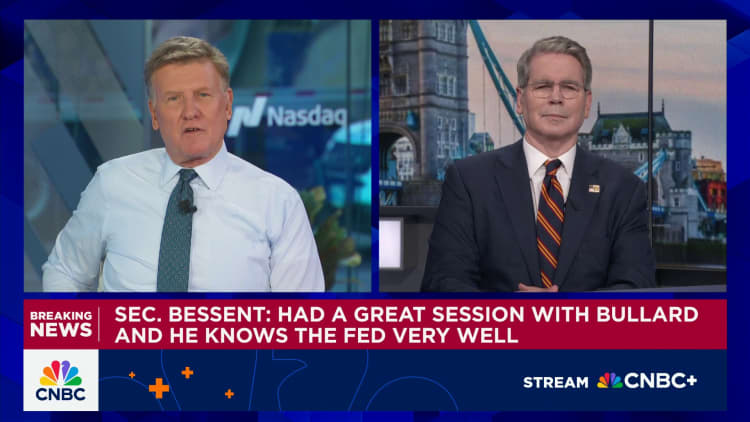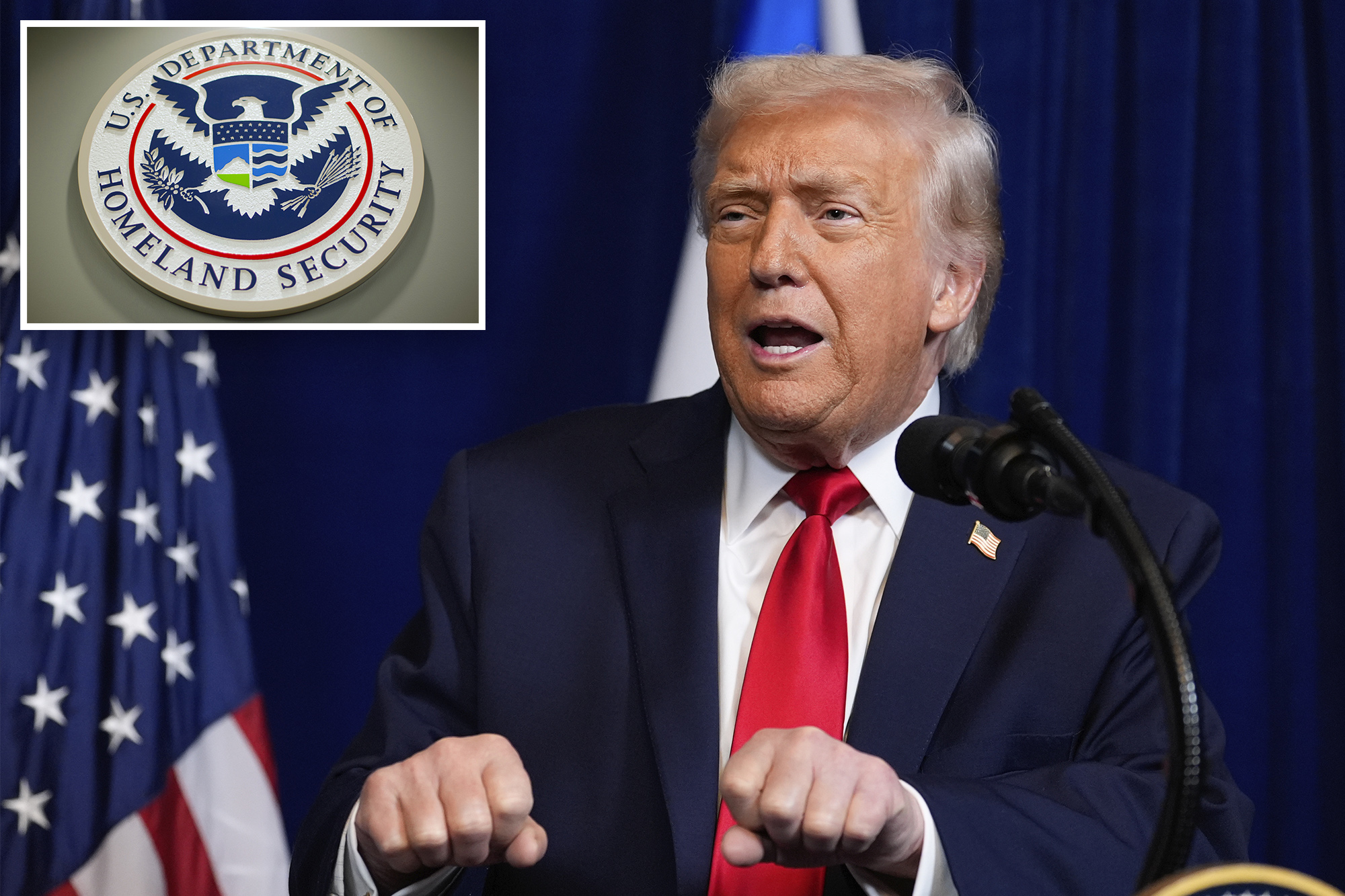China’s Yiwu Market Shifts Focus Amid Declining U.S. Exports

China’s Yiwu International Trade Market, known as a major hub for global wholesale trade, is experiencing a significant shift in its customer base as exports to the United States decline. During a recent visit to this five-story market, it was evident that the bustling atmosphere typically associated with this trading center was noticeably subdued. The market, which is renowned for supplying a substantial portion of the world’s Christmas decorations, is adapting to changing dynamics in international trade.
In late August, just before the end of summer vacation in China, the market appeared quieter than usual. In one instance, children playing in the elevator highlighted a stark contrast to the lack of foreign buyers. Local vendors, such as a sponge seller known only as Li, indicated that while the U.S. market has become less prominent, customers from the Middle East and Southeast Asia are becoming more common. Li noted that the impact of tariffs has been manageable for his business, but hinted at more significant challenges faced by factories in Guangdong province.
Data reveals that Yiwu’s exports to the U.S. have decreased from approximately 20% eight years ago to about 15% last year, with figures dropping even further in the current period. According to Ashish Monga, founder and CEO of IMEX Sourcing Services, this decline reflects a broader trend in national exports, which have fallen by 12% for the year through July. Meanwhile, exports to the ten largest economies in the Middle East have risen by 13% in the same timeframe, as reported by CNBC’s analysis of official data.
The shift in Yiwu’s customer demographics is evident, with increasing signage in Arabic, Korean, and Russian, signaling a pivot away from traditional English and Chinese markets. Monga pointed out that many products from Yiwu do not comply with European Union standards, limiting sales opportunities in Europe. However, demand from regions such as Latin America has surged, prompting local officials to support Spanish language courses for merchants.
As businesses navigate these changes, Monga explained that replacing one significant customer in the U.S. requires acquiring multiple clients in emerging markets to maintain profit margins. “If you lose one big customer in the U.S., you need about five in emerging markets to make the same margin,” he stated. This reality poses challenges for Yiwu traders, who are finding that international demand does not necessarily equate to stability.
The total value of Chinese exports to the U.S. stood at $251.4 million as of July, overshadowed by the $116.5 million in exports to the Middle East. Despite the decline in U.S. exports, Beijing is increasing shipments to Europe and Southeast Asia, which has emerged as China’s largest regional trading partner. Notably, exports to Africa have surged by 24% year-on-year, reflecting the broader strategy of diversifying trading partners.
Global trade relations remain tense, with recent discussions between U.S. and Chinese negotiators in Madrid yielding little progress on tariffs. The ongoing uncertainty has led many Yiwu merchants to reassess their reliance on the U.S. market. As trade talks continue, the U.S. tariffs on Chinese goods remain a significant barrier, with rates approximately 55% on most products.
Businesses are preparing for potential price increases in the coming months, as frontloading orders ahead of tariff hikes has allowed some companies to mitigate immediate impacts. Retailers in the U.S. have already begun selling holiday decorations, a move that suggests preemptive strategies to avoid higher costs. However, new fees affecting cargo ships arriving in the U.S. from China are set to take effect on October 14, 2023, potentially adding millions in costs.
In this evolving landscape, many Chinese suppliers are exploring opportunities in alternative markets, viewing them as safer and more stable compared to their U.S. counterparts. Cameron Johnson, a senior partner at Tidalwave Solutions in Shanghai, noted that suppliers are increasingly turning to non-U.S. markets due to perceived stability, despite slower growth rates.
As Yiwu’s merchants adapt to these changes, the long-term implications of reduced U.S. exports remain uncertain. With the potential for ongoing negotiations and tariff adjustments, the future of Yiwu and its role in global trade will be closely watched.






